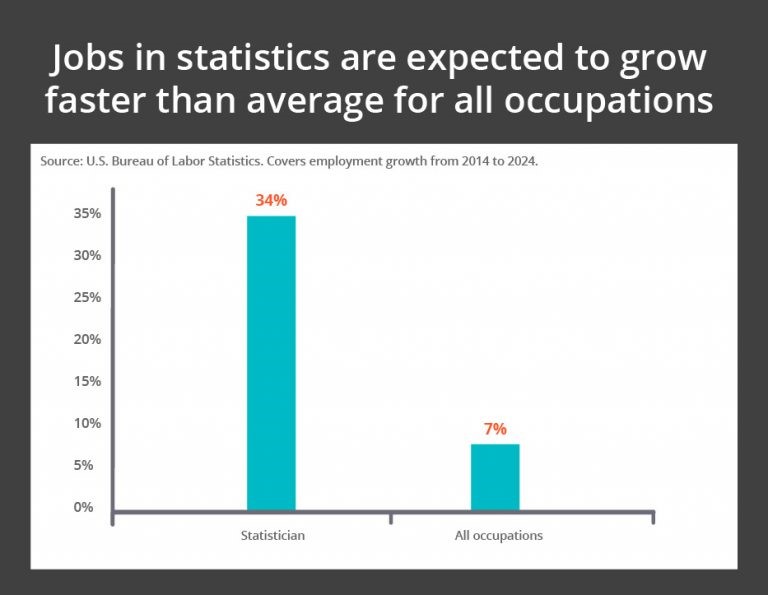“A doctor gives life to the patient through medicine but a pharmacist gives life to medicine through his knowledge and skills.” The above-mentioned quotes rightly explain the importance of pharmaceutical science in the healthcare sector. Pharmacy is the science of preparing and dispensing drugs. Pharmacists are health professionals who create a bridge between health sciences and chemical sciences to give life to medicines. The role of the pharmacist, nowadays, is not restricted to mere traditional roles, such as compounding and dispensing medications. The advances made in pharmaceutical technology in the past few decades has led to a significant scope to include numerous advanced services associated with healthcare like ensuring the safety and efficiency of medicines through medication review, clinical services, drug information services as also employing modern techniques for the manufacture of formulations, designing delivery systems, meeting quality assurance demands and its control. Modern pharmacy professionals are skilled with modern techniques for the manufacturing of formulations, designing of drug delivery systems as well as ensuring the quality assurance of the formulated product.
Keeping in view, the need to generate future pharmacists, the School of Pharmaceutical Technology (SOPT) was established by Adamas University at the Adamas Knowledge City on Barasat-Barrackpore road. SOPT was established with an objective to originate and spread knowledge leading to skilled and trained health care professionals with standards complying with the global requirements. The Diploma in Pharmacy (D. Pharm) course was introduced in SOPT with an objective to minimize the widening gap between educational curriculum and the knowledge and skills required for health workers in hospitals and health care centres.
Program Highlights:
This two-year undergraduate course provides you with a complete prerequisite to understanding the basic concepts in community pharmacy, drug discovery and drug manufacturing processes, human anatomy and physiology, pathophysiology, pharmacology, medicinal chemistry, pharmaceutical jurisprudence, pharmacognosy, inorganic and organic chemistry, basics on store management and other core subjects of pharmacy.
D. Pharm will provide the minimum essential qualifications which are required by the Pharmacy Council of India (PCI), New Delhi (the core body to regulate pharmacy education in the country) to get registered as a pharmacist.
Course Details:
D. Pharm is a 2-year undergraduate course including 3 months of hospital training as an internship. Eligibility to enter the course is 10+2 with physics, chemistry and biology as major subjects with a minimum of 40% marks. The selection of the students for this course is done either on their merit or based upon the rank they hold in the entrance examinations as a screening process.
Rules and Regulations for Admission:
- Pharm is a two-year course whereby each academic year includes a duration of not less than 180 working days along with 500 hours of practical training covering a duration of not less than 3 months.
- Admission of candidates to the D. Pharm program shall be made on the basis of merit depending on the ‘Pre-Pharmacy Test’ as per the university’s examination strategy and curriculum by following the PCI guidelines.
Scope and Opportunities:
- D. Pharm is a technical course that helps the students to learn all the basic concepts of pharmaceutical science and also improves their practical skills.
- The undergraduate aspirants will get the basic concepts related to the science of drugs, their discovery, manufacturing, testing, safety, efficacy, mechanism of action and various related areas.
- The students will get knowledge about the basic concepts related to human physiology, anatomy, pathophysiology and pharmacology.
- They will get knowledge about the active constituents of different medicinal herbs, their uses, processing and dispensing.
- Students will learn about the basic laws regulating the profession of pharmacy.
- They will be aware of the process of purchasing, merchandising and inventory control of drugs as well as maintenance of records.
- It will provide them with the ability to process various prescriptions along with dispensing and compounding medicines.
- They will learn different methods of testing, screening and clinical trials of drugs.
Transform your career with thousands of career opportunities after completion of D. Pharm and enable yourself for successful registration as a pharmacist under the Pharmacy act 1984.
Career Prospects:
- You can get a job as a pharmacist in various drug stores of private and government hospitals.
- There is a chance to get an entry-level job in different pharmaceutical firms in various divisions like process control, manufacturing and quality control.
- You have a chance to work as a medical representative in various pharmaceutical companies.
- It will be a great opportunity for those who are having entrepreneurial skills who can start their own retail and wholesale pharmacy outlets for medicines and surgical items.
- You can work in different health sectors by processing prescriptions and dispensing medicines.
Future Scope:
- Based upon your interest associated with pharmaceutical sciences, you can pursue Bachelor of Pharmacy (B. Pharm) or Pharm D programs. After completion of D. Pharm, you are eligible to take admission in the 2nd year of B. Pharm directly (B. Pharm Lateral Entry).
- There is a great opportunity to work as a lawyer if you pursue your law degree after completion of D. Pharm, as many of the pharmaceutical companies hire such candidates as Intellectual Property lawyers.












